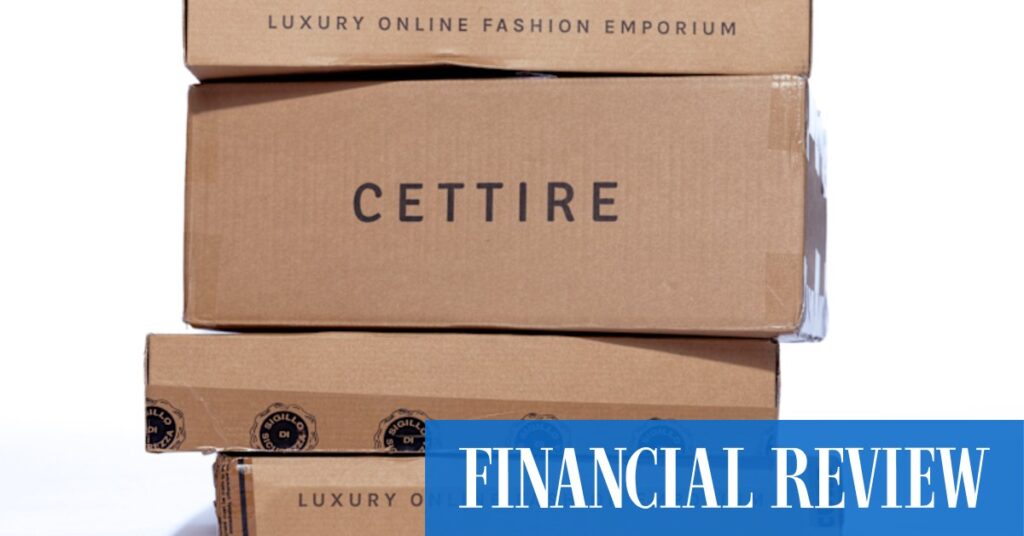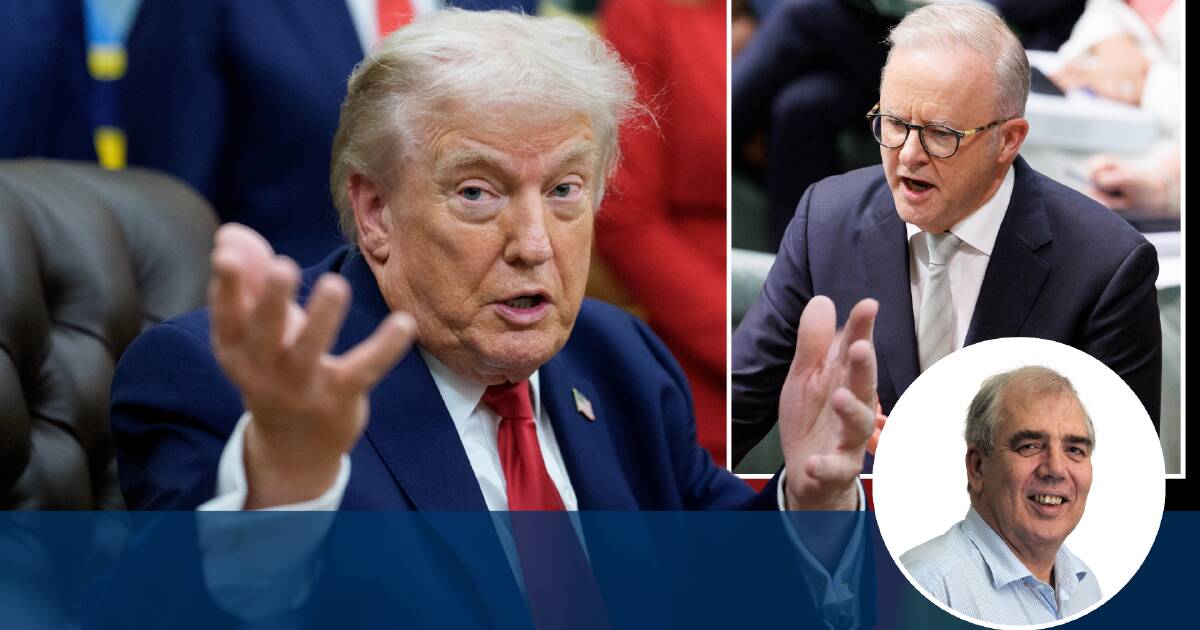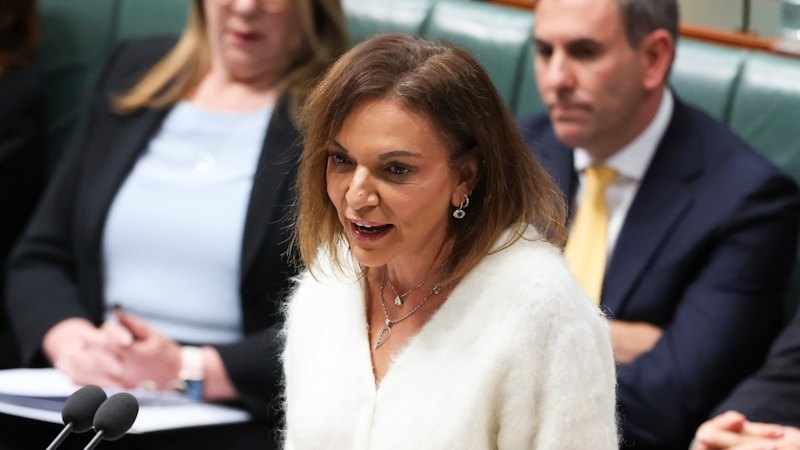
The business model of Cettire, a luxury online retailer known for its high-end fashion and accessories, faces significant challenges following a recent policy change by the US government. On Thursday, President Donald Trump signed an executive order extending the suspension of the duty-free threshold for low-value goods entering the United States. This policy shift means that shipments valued under $800 USD ($1240 AUD) will now incur import duties, irrespective of their manufacturing origin.
This development is particularly impactful for Cettire, as shipments to the United States account for approximately 40% of the company’s gross revenues. The immediate market reaction was stark, with Cettire’s shares experiencing a notable dive, reflecting investor concerns over the potential impact on the company’s profitability.
Impact on Cettire’s Business Model
Cettire’s business model relies heavily on the ability to offer luxury products at competitive prices, a strategy that has been facilitated by the previous duty-free threshold. The imposition of duties on low-value shipments could erode this competitive edge, leading to increased costs for consumers and potential declines in sales volume.
The executive order is part of a broader strategy by the Trump administration to bolster domestic manufacturing by discouraging imports. However, this move has raised concerns among retailers and consumers alike, who fear it may lead to increased prices and reduced selection of goods.
Historical Context and Industry Reactions
The decision to impose duties on low-value goods is not without precedent. Historically, the US has adjusted import duties as part of broader trade policy strategies. However, the consistency and predictability of these policies have been a cornerstone of international trade relations.
Industry experts have expressed concern over the potential ripple effects of this policy change. According to trade analyst Dr. Emily Carter, “The imposition of duties on low-value goods could disrupt supply chains and lead to increased costs for both retailers and consumers. It’s a move that could have significant implications for the luxury retail sector.”
“The imposition of duties on low-value goods could disrupt supply chains and lead to increased costs for both retailers and consumers.” – Dr. Emily Carter, Trade Analyst
Broader Economic Implications
The impact of the executive order extends beyond Cettire and the luxury retail sector. The broader economic implications could include shifts in consumer behavior, as higher prices may deter spending. Additionally, the policy could influence other international retailers who rely on the US market as a significant revenue stream.
Meanwhile, US-based manufacturers may see this as an opportunity to increase their market share, as imported goods become more expensive. However, the overall effect on the US economy remains uncertain, as the benefits to domestic producers must be weighed against potential consumer backlash and reduced import variety.
Looking Ahead: Potential Responses and Strategies
In response to the policy change, Cettire and other affected retailers may need to explore alternative strategies to mitigate the impact. This could include renegotiating supplier contracts, exploring new markets, or adjusting pricing strategies to maintain competitiveness.
Furthermore, the situation highlights the importance of agility in business strategy, particularly in the face of unpredictable policy environments. As the global trade landscape continues to evolve, companies like Cettire will need to remain vigilant and adaptable to sustain their market positions.
As the dust settles, stakeholders across the retail and trade sectors will be closely monitoring the effects of this policy change, both in the short term and in the broader context of international trade relations.






